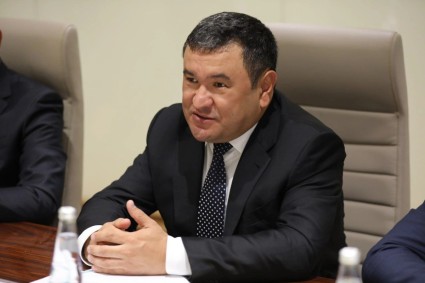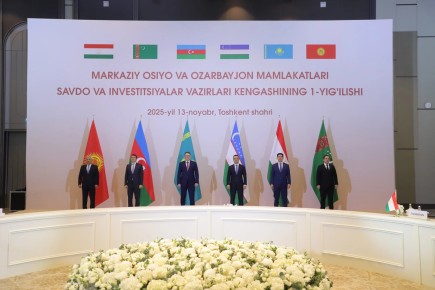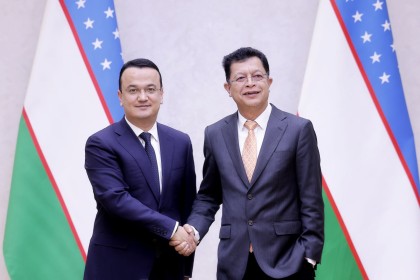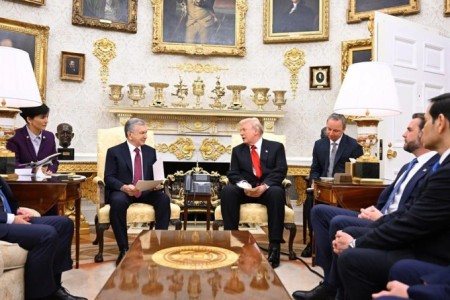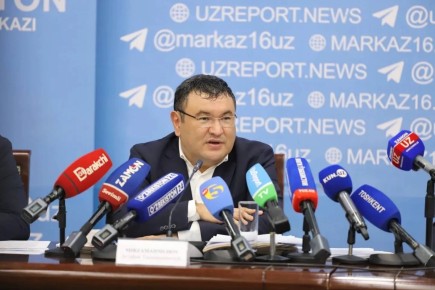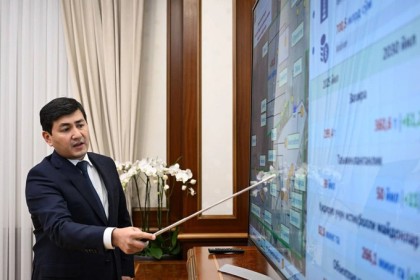Uzbekistan’s shadow economy reaches 48% of GDP (245 trillion soums, or US$ 24 billion), the State Tax Committee (STC) said in a report.
STC notes that one of the factors that nourishes the shadow economy is trade without receipts being issued, which creates an opportunity not to pay taxes. This, in turn, facilitates unhealthy competition among entrepreneurs.
At one of the meetings in July, President Shavkat Mirziyoyev instructed to develop, engaging foreign experts, a strategy to reduce the shadow economy.
In 2019, UNDP consultants shared their findings from a study assessing the size of the Uzbekistan’s shadow economy based on monetary methods, as well as the findings of surveys and interviews conducted in all provinces of Uzbekistan (more than 700 enterprises and 30 entrepreneurs).
Surveys and interviews found that the main economic reasons for the shadow economy are a large number of types of taxes, fees and deductions and their amounts. Further, in terms of importance, the following reasons were identified: lack of sufficient funds from enterprises, problems with banks in making settlements, payments, cashing funds, quality of service, high loan rates.


